In the summer, being in air-conditioned rooms for too long can make people feel uncomfortable, causing symptoms such as dizziness, cold joints, and a chilly stomach.
A warm pot of Tea can help warm up your stomach and body, replenish hydration, even induce sweating and clear the mind, truly achieving multiple benefits at once.
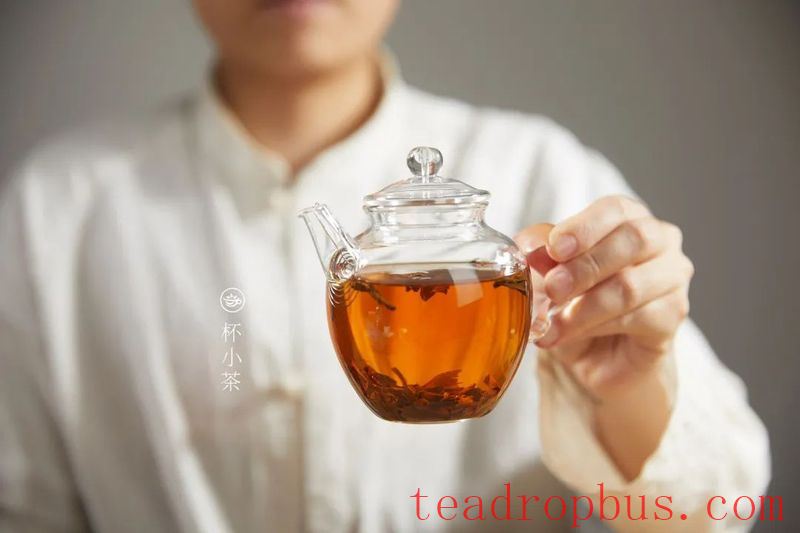
Boiling tea in summer is a great choice.
The tea brewed by boiling often has a more pronounced aroma and smoother mouthfeel, widely favored since it was popular during the Tang Dynasty.
The gentle scent of tea while boiling can also create a tranquil and peaceful atmosphere… So what kind of tea is suitable for boiling, and how should you boil it?
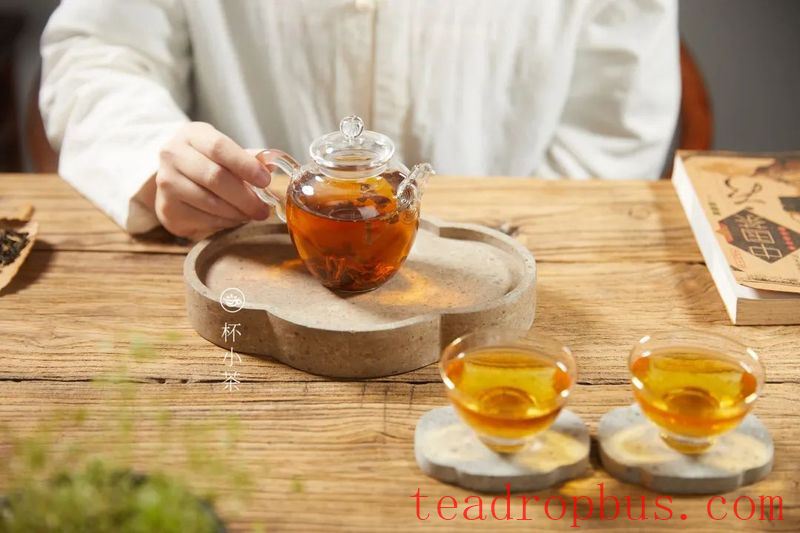
Which Teas Are Suitable for Boiling?
To choose teas suitable for boiling, follow these two principles:
① Older and Coarser Teas are Better Suited for Boiling
Silver Needle and White Peony are too delicate; boiling them won't produce the rich and smooth mouthfeel of coarser and older teas, and the astringency might be too prominent, reducing their drinking value.
Tribute Eyebrow (Gongmei) and Longevity Eyebrow (Shoumei), with their coarser and older leaves, can release more flavors when boiled that aren't extracted through regular Steeping, such as pectins that enhance the tea's smoothness and thickness.
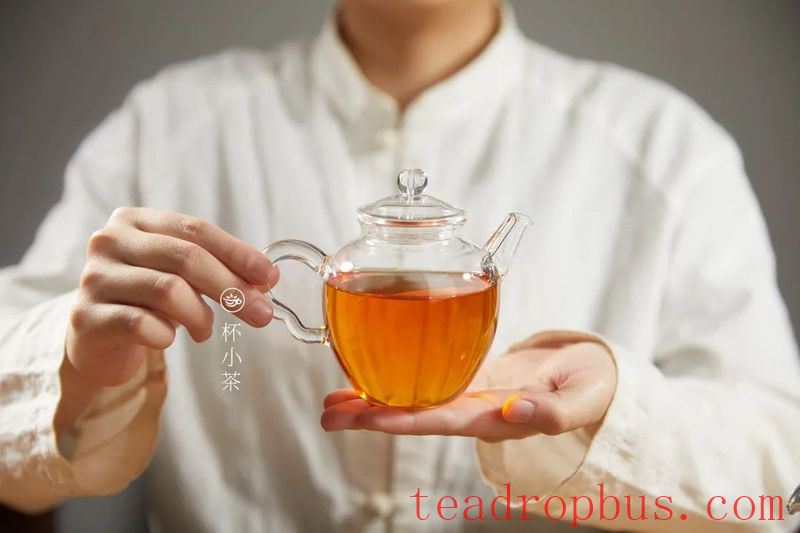
② Fermented Teas Are More Suitable for Boiling
Green teas, which are unfermented, aim for a fresh, light, and refreshing taste. Boiling them for an extended period would lose these qualities and increase astringency, diminishing the tea's character. Steeping them directly is better.
Heavily fermented teas like dark teas, ripe Pu'er tea, and aged white teas have mellow natures. After boiling, they not only have low bitterness and astringency but also a comfortable Sweetness, resulting in a sweet and smooth infusion.
While black tea is usually steeped, it can be boiled when making Milk tea, mixed with milk to achieve a strong tea flavor. Starting your day with a Cup makes it beautiful all day long.
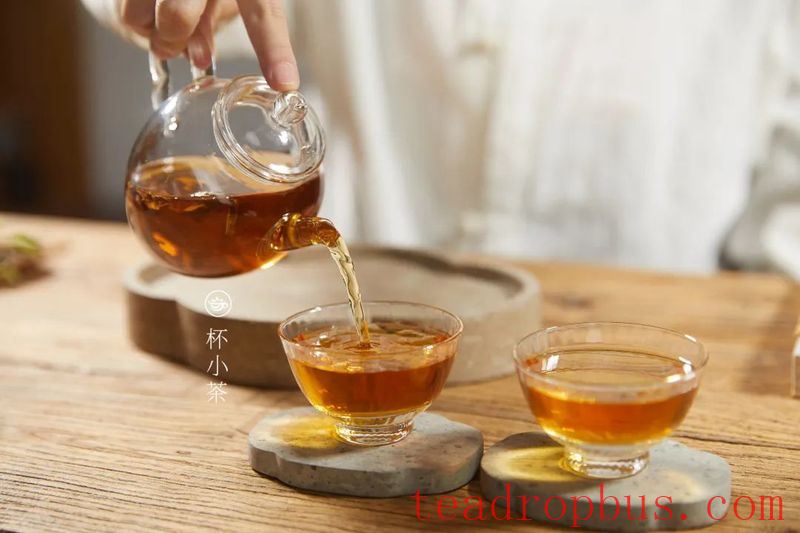
Frequently Asked Questions About Boiling Tea
1. What Requirements Do Teas Need for Boiling?
The teas used for boiling can be those that have already been steeped and whose flavors have become lighter, or they can be unsteeped.
Cup Xiaocha suggests steeping the tea a few times before boiling until its flavor becomes lighter. This way, the tea's flavor is easier to control and less likely to become overly strong or concentrated.
2. What Is the Ratio of Tea Leaves to Water When Boiling?
The tea-to-water ratio formula = 1g tea : 100mL water. The amount of tea used for boiling is the same as for steeping—5g—or use pre-packaged small portions, taking one serving and adding water according to the ratio.
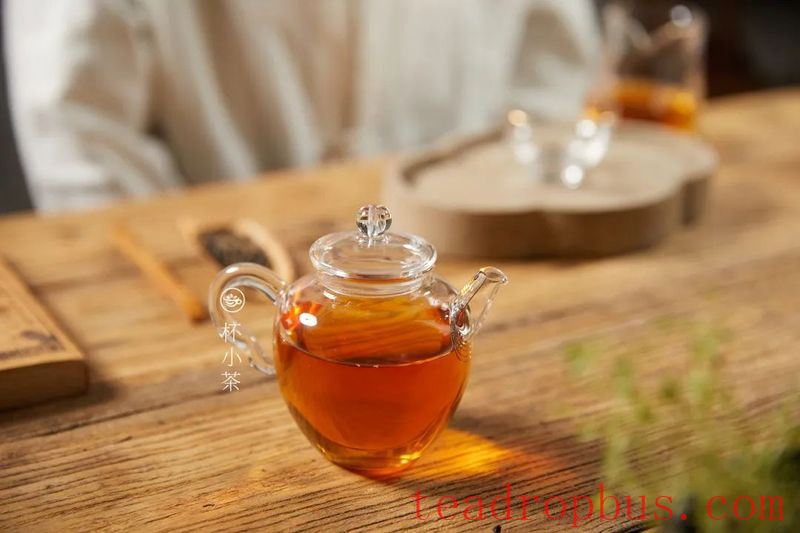
When boiling, you can also use half the amount of tea, as the tea produced by boiling is already rich and flavorful, thus ensuring efficient use of the tea and avoiding waste.
3. How Long Should Tea Be Boiled?
The recommended boiling time is 5-15 minutes, but the specific duration depends on personal preference, with those who prefer a stronger flavor boiling for longer.
When boiling, pay attention to the concentration to avoid consuming too much of the tea's contents, which could cause adverse reactions such as tea drunkenness.
4. Should Tea Be Added to Cold Water or Boiling Water When Boiling?
Both methods are viable, each with its own characteristics, so choose based on personal preference.
Adding tea to cold water:
The tea will be smoother and thicker, more full-bodied. Since the tea initially steeps in cold water before boiling, the flavors and aromas are naturally richer.
Adding tea to boiling water:
The tea's aroma will be more pronounced, and the flavor will be lighter and fresher. Because the tea comes into direct contact with boiling water, the aroma is immediately released. With less time spent steeping in cold water, the flavor is lighter, and the aroma isn't overshadowed by the flavor, becoming more noticeable and varied.

Boiling tea is not seasonal and can be done whenever needed.
When boiling, pay attention to choosing the right tea and the right method.
Choosing any tea you fancy to boil is perfectly fine. Cup Xiaocha suggests that trying unsuitable teas for boiling once doesn't hurt—it can be considered a little adventure in daily life.
However, when entertaining guests, stick to conventional methods to avoid unintentionally offending anyone.
Selecting the boiling method and mastering the details shouldn't be difficult after one or two tries. It's not complicated at all.